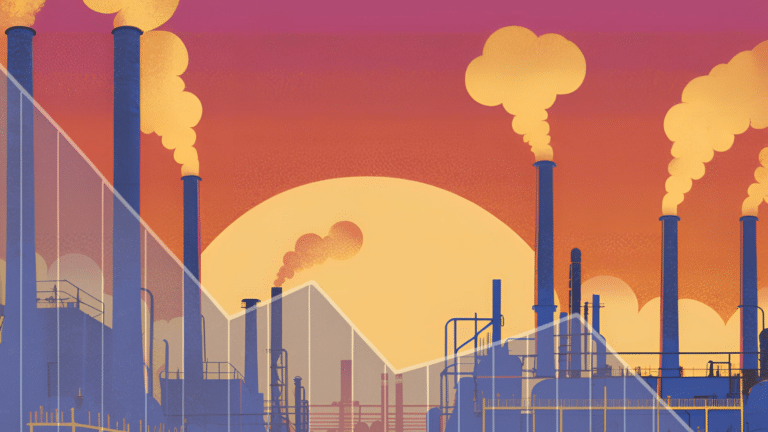Oil refiners are currently seeing a big boom in business – but how long will it last?
The process of turning crude into usable products has been plagued for years by low profitability and overcapacity, and the pandemic took a toll on many refineries which in some cases shut their doors permanently.
And now climate action, the potential for an economic slump and global fuel shortages are raising new questions about whether refiners should continue to invest or cash out.
For answers to these big questions surrounding oil refining, host Bill Loveless spoke with Robin Mills, chief executive at Qamar Energy in Dubai. The company provides regionally-based insight and consulting across the oil and gas, renewable, hydrogen and carbon management sectors in the Middle East.
Prior to this, Robin led major consulting assignments for the European Union in Iraq and for a variety of international oil companies. Robin previously worked for Shell, developing new business in the United Arab Emirates and other Middle Eastern countries and for Dubai Holding and the Emirates National Oil Company.
He is the author of two books: “The Myth of the Oil Crisis” and “Capturing Carbon.”
The pair discuss the current landscape for oil refining, the impact of the pandemic, and the role policymakers and government leaders can play in alleviating market disruptions.









